A couple of pivots, lots of pitches, and a party.
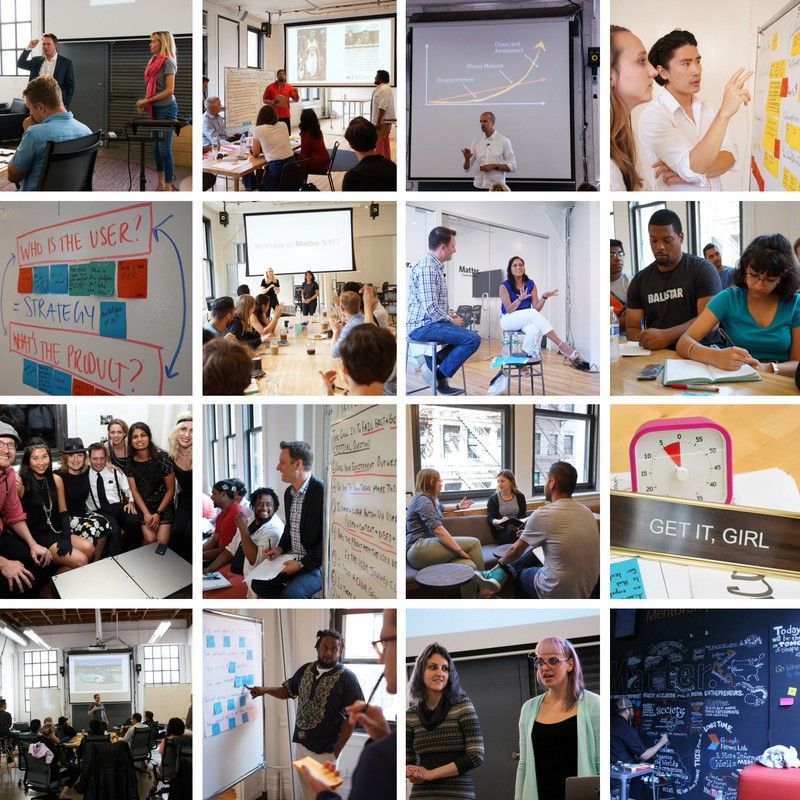
We’re more than halfway through our 20-week program in San Francisco and New York City. Our teams have survived an intense design thinking bootcamp and three design reviews. They’ve heard 7 inspiring speakers. They’ve participated in workshops and shareouts. They’ve learned how to analyze top-down trends, refine their MVPs, create an instant business plan, develop growth hypotheses, and “quarterback” their fundraising process. There’s been a podcast, a launch party, and a mural.

Here’s a reminder of the 12 incredible startups making up Matter 6.

Laura Fisher is an Australian-American hybrid with a mysterious accent. Adrienne Ferguson is a former drama teacher who spent three years at a school in rural Kenya. Jesal (Jes) Rajdev is a die-hard football fan with gravity-defying hair who hails from North London. Together, they are TreePress.
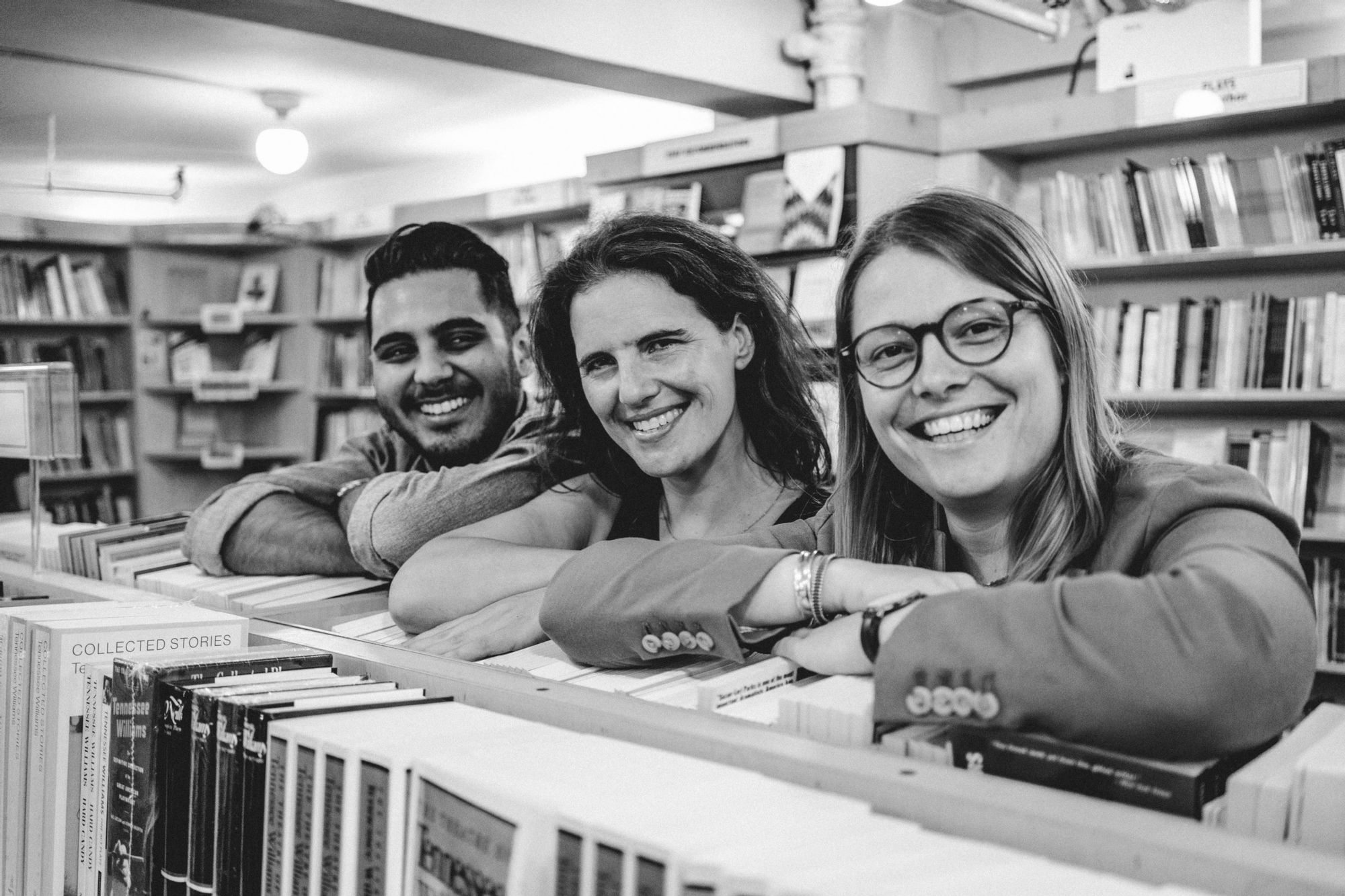
Laura met Adrienne at an elementary school in Edinburgh where Adrienne was Head of Drama, and also her boss. Between them, they have written, produced, directed or performed in over 90 plays: spanning everything from a school nativity to London’s West End. Laura and Jes met directing the world’s largest student fashion show at The University of St. Andrews, where they were students of English and Theology, and Computer Science, respectively (incidentally the same place that Prince William met his future wife, Kate Middleton).
Over 15 years working in theatre, Laura and Adrienne became increasingly frustrated with how hard it was to source the right plays to perform. There was no centralized repository, no searchable database. They initially thought the solution was to write scripts themselves, but then found the process of publishing to be equally painful, slow, and archaic. The idea of TreePress, a searchable, AI-driven platform, for discovering and licensing performable content, was born in June 2014. Jes joined as Technical Director last year.
Collectively they have 5 degrees, with specialties in Human Computer Interaction and User Experience. As well as having 16 years experience in Education, their professional backgrounds include PwC, Ernst & Young and Merrill Lynch.
Continuing the royal theme, the team’s first nerve-jangling pitch was to an audience of dignitaries, investors and TV stars at an event called Pitch@Palace, held at St. James’s palace in London, the official residence of several members of the British royal family.
TreePress is based in Matter’s NYC location. Read more.
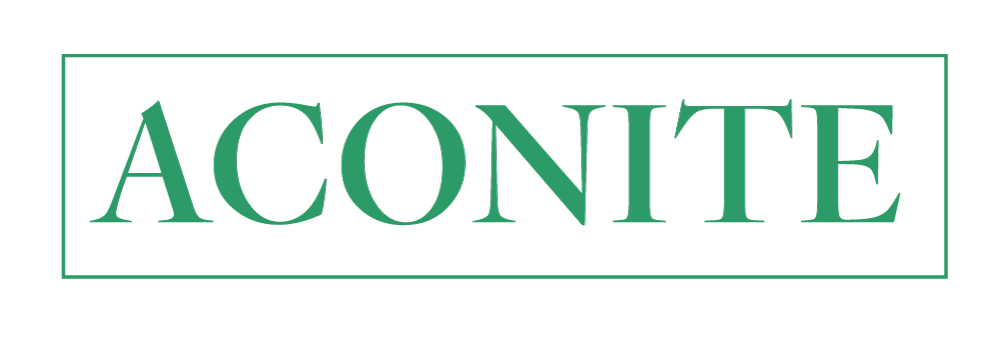
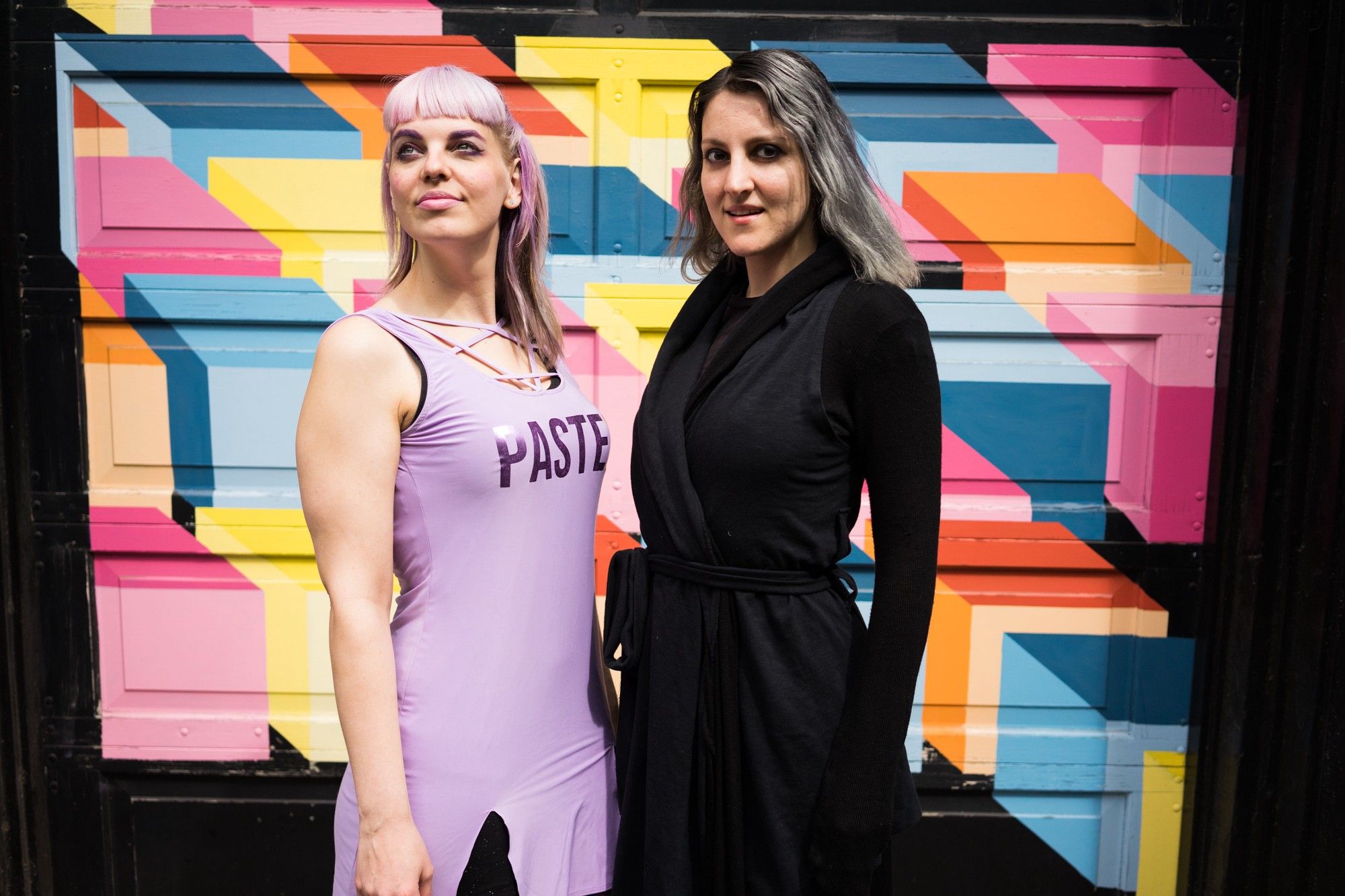
Described as a “storyteller and world shaper,” Nadya Lev is a professional photographer, writer, designer, and the former co-founder and publisher of the sumptuous alt-culture magazine, Coilhouse. She is the CEO of Zivity (NSFW), a pin-up photography patronage platform that connects artists and their fans through micro-donations.
Star St. Germain’s background is in design, music, illustration and front-end development. She’s been mixing media ever since she decided to finger-paint her legos. She received her BFA from the Massachusetts College of Art and Design in Interrelated Media, and has been running her own design and development firm in California ever since. In addition to collaborating with Nadya on the redesign of Coilhouse, Star also worked at Zivity, where she served as Creative Director.
At Aconite, the pair plans to continue their mission of empowering creatives to make the art they love by providing them with a sustainable income. They are currently focused on developing a mixed reality storytelling platform for game creators and studios.
Aconite (formerly Thankroll) is part of Matter’s SF cohort. Read more.

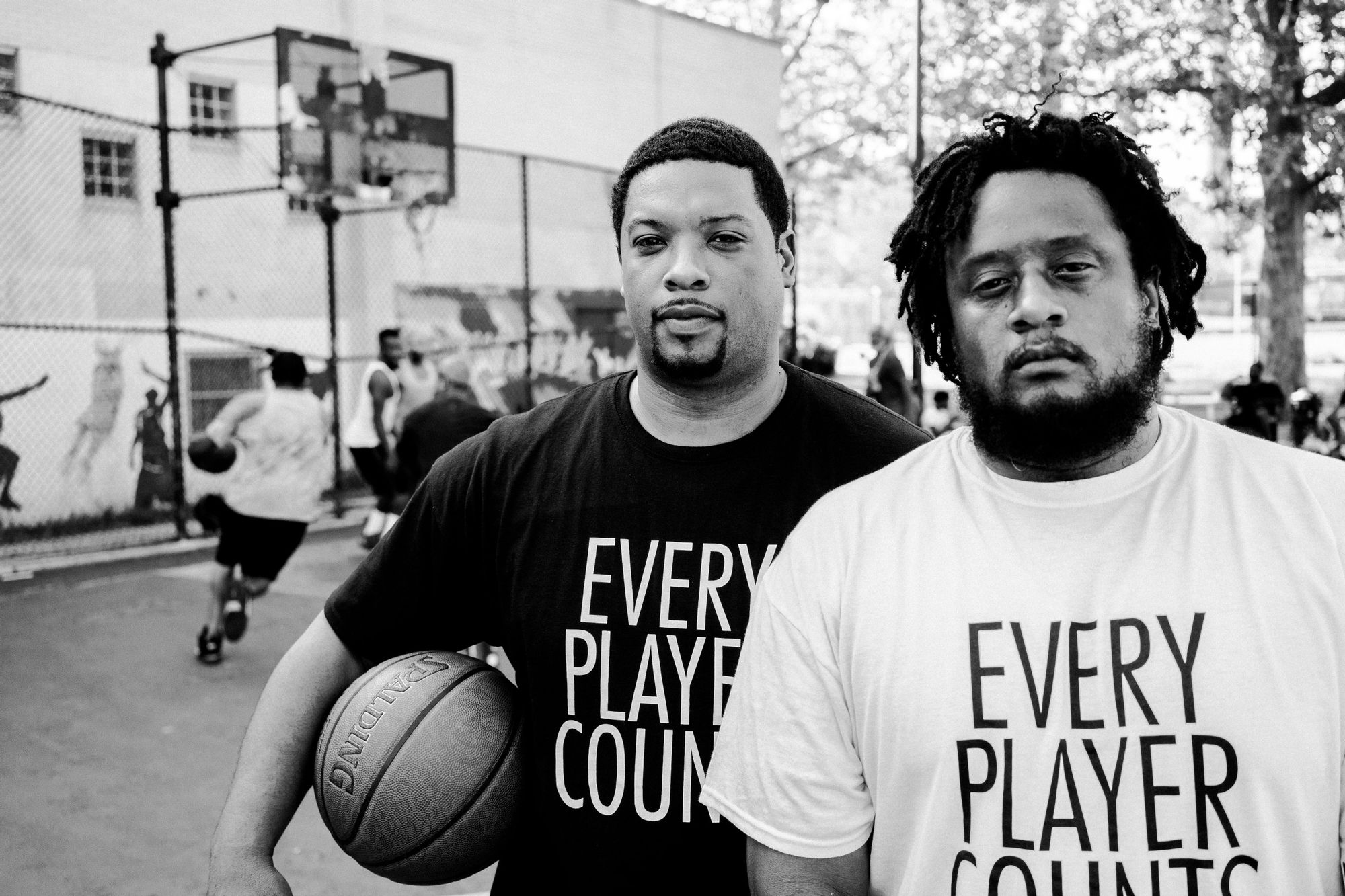
Brothers Nigel and Vaughn Caldon grew up in Brooklyn, NYC, to a family of immigrants from Trinidad. Both their grandmother and their father had entrepreneurial leanings. She ran a susu (an informal lending club), and he started his own hospitality consulting practice.
The brothers both pursued an education in Economics — Vaughn at Northwestern, Nigel at NYU. Later, Vaughn started a music marketing firm before dabbling in real estate. Until recently, he was Associate Director at Prep for Prep, a leadership development program that offers promising students of color access to a private school education. He now serves on the board.
Nigel worked for five years in trade management for top investment banks including Goldman Sachs before moving into the non-profit sphere. In 2003, the brothers co-founded The Street Academy for Financial Literacy, a grassroots initiative aimed at teaching young people responsible money management, and spurring investment in urban communities. He currently teaches Data Analytics at General Assembly.
Nigel and Vaughn’s shared passion is basketball — they were both captains of the school basketball team, and intramural teams were an important part of their college experience. Basketball was a social glue that ran through Vaughn’s Upper West Side independent school and their neighborhood in Flatbush, Brooklyn. But they noticed that in the amateur leagues, data on the games was either unreliable or non-existent. “My version is the older I get, the better I was,” jokes Vaughn. “How can you refute this story if it isn’t recorded?”
Ballstar is a social database for basketball stats. It helps amateur leagues make league management simpler and renders data transparent. Whether you’re a former player trying to relive the glory days, or a current player trying to get noticed, Ballstar uses data to make the story of your career come to life.
Ballstar is part of our NYC cohort.
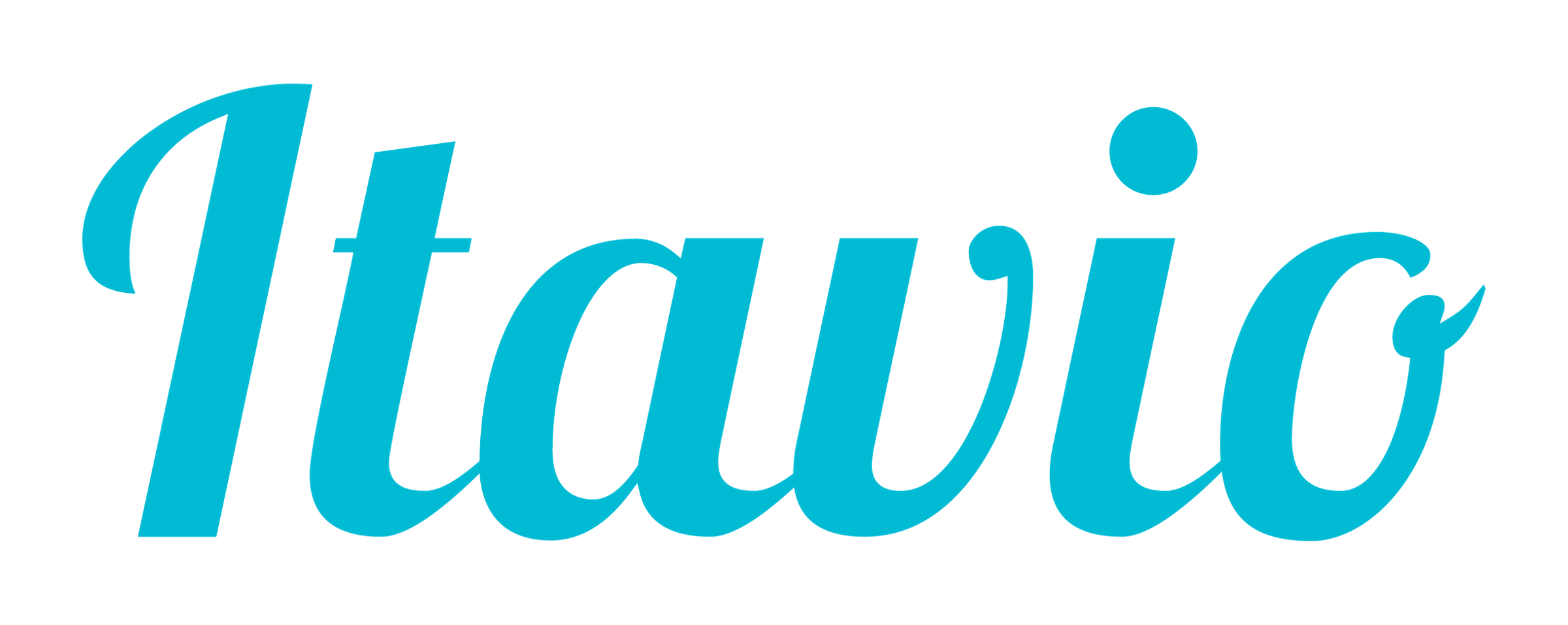
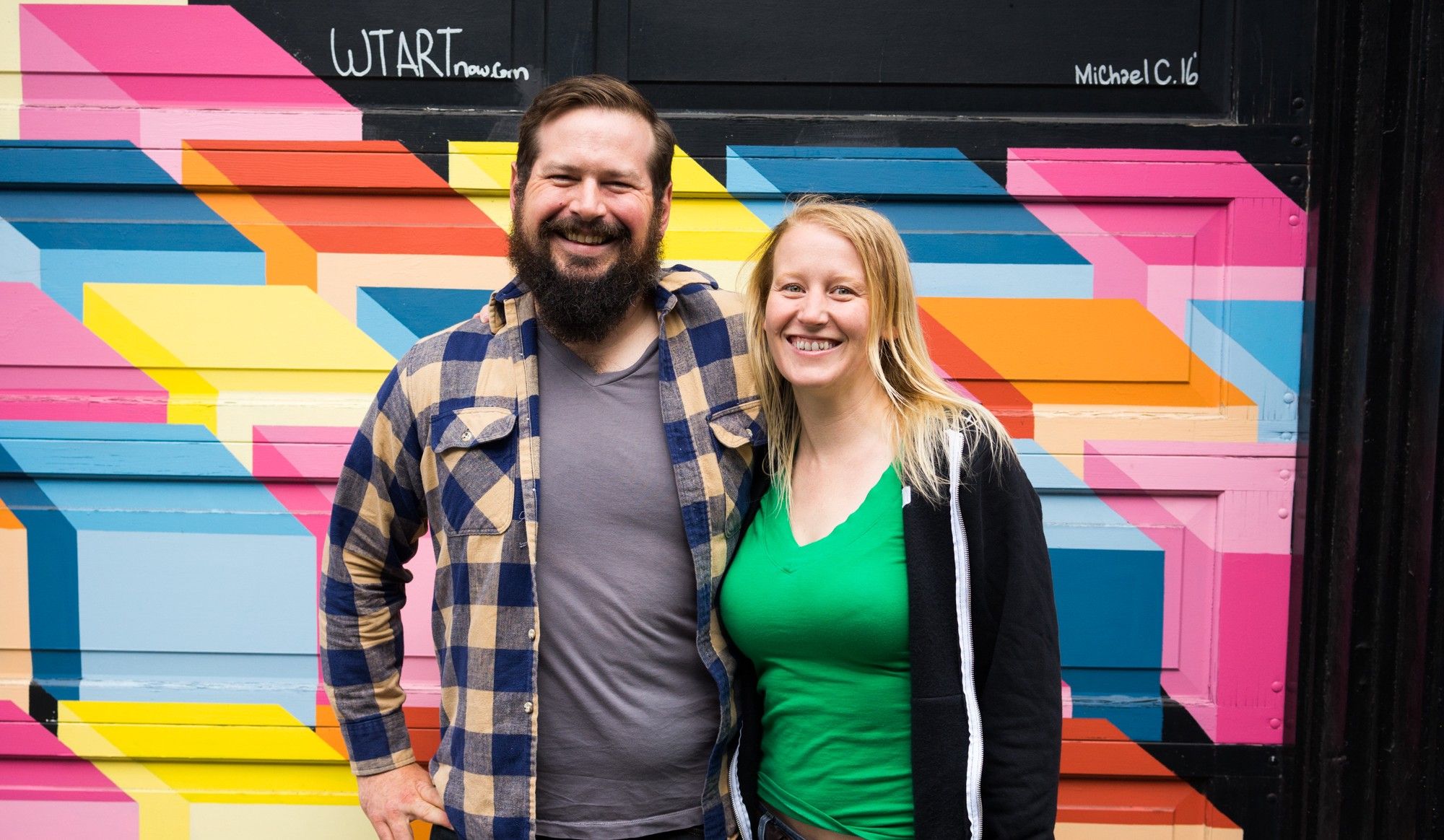
Melani and Matt are an intrepid duo from the remote Canadian town of Moncton in New Brunswick, famed for its lobster. They met more than a decade ago at a downtown pub shortly after Matt had returned from New York City — Matt was quietly enjoying a pint when Melani sprung a heavy conversation about politics on him. They’ve been firm friends and collaborators ever since.
Mel has a background in commercial and documentary production, and co-founded a post-production studio, The PostMan. Matt has worked as an architect and software engineer for big firms such as Oracle, and for a number of startups, including one in the automotive space for whom Mel produced a demo, “with a terrible fake British accent.” Later Matt worked as the CTO of the gaming studio where Mel was VP.
The idea for Itavio, an app that lets parents set an allowance to cap their kids’ mobile game spending, was born out of a confluence of experiences. Matt was watching his nieces fight over devices and listening to his friends complain about how their kids’ in-app purchases were out of control. Mel was watching narrative quality slide and free-to-play gobble up the industry, and realizing game developers no longer wanted to directly market to kids anymore for fear of reprisal when they overspent.
The Itavio two are proud hustlers. They once drove 1800 miles in three days in snowstorms to pitch to game studio producers. They have been known to fundraise among communities of lumber merchants and salmon fishermen (one of whom said he “wasn’t sure these cell phones were a thing”).
Itavio is based in San Francisco for the program. Read more.

What is a digital collaboration space for art? And what if, rather than just being a storage space, a new space could provide actual tools for creators?
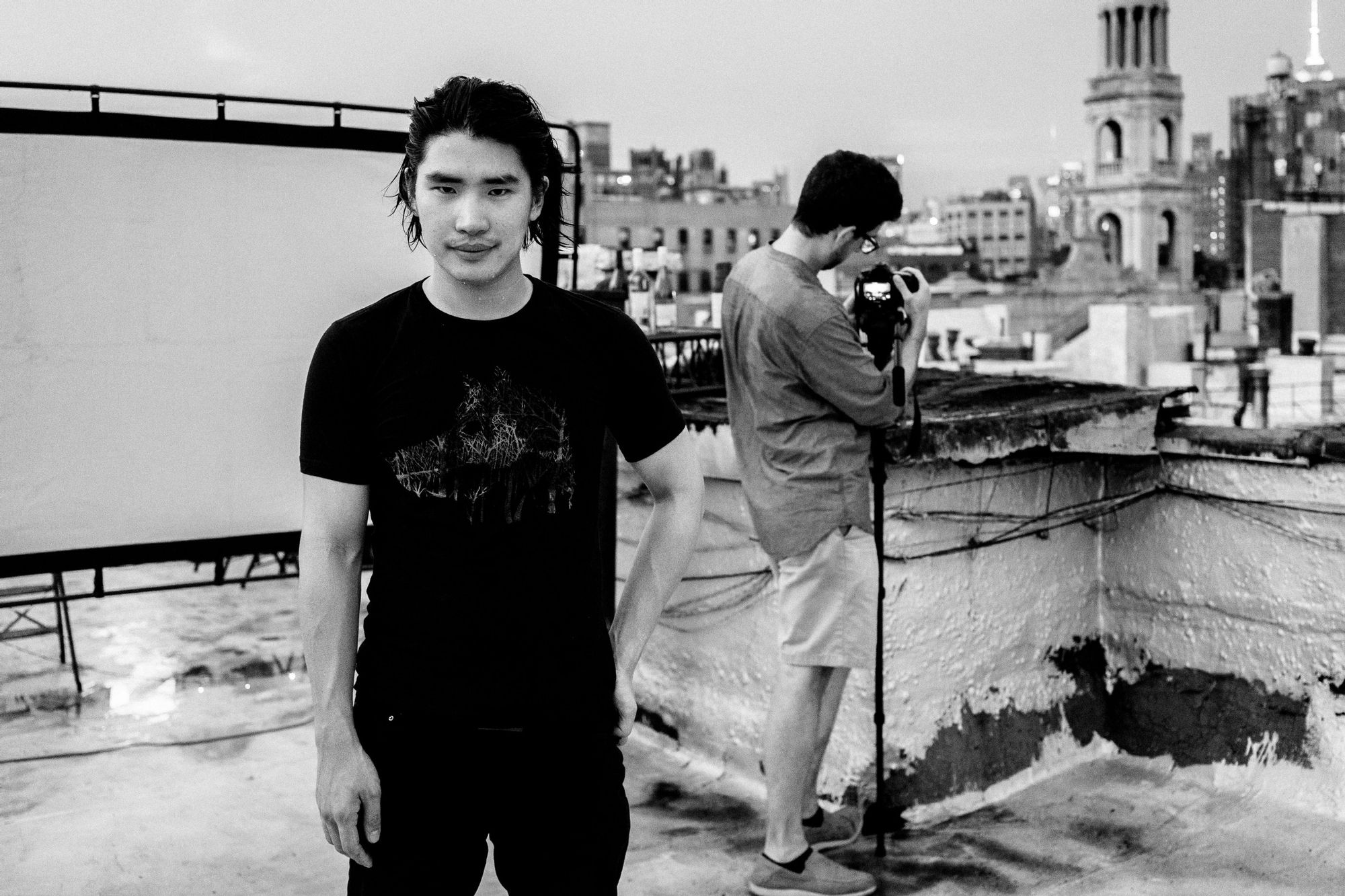
That’s the question Jeongki Lim and his co-founder, Rick Stern, are tackling with Stella, an intelligent production management platform. Underpinning the venture are their two core beliefs: that media content is a form of art, and that technology should enhance, not hinder, its creation.
Jeongki was born and raised in Seoul, South Korea, and grew up in a family of artists. He came to the United States to go to high school in Indiana. He holds a B.A. in Visual Media and an M.S. in Applied Urban Science from NYU. After graduation he spent two years doing mandatory military service and helped launch a Counter Terrorism Unit in the South Korean Air Force. He lives in New York among a community of filmmakers, and is a recognized expert in Data Visualization and Design Research — subjects that he teaches at The Parsons School of Design.
Jeongki met Rick Stern, the son of an Oscar-nominated producer, at NYU where Rick was studying for a B.A. in Complex Adaptive Systems. They discovered they had a passion for storytelling, narrative, and using technology to create empathy and support artists. Their mission for Stella is to centralize the often overwhelmingly complex processes involved in film and video production, moving away from a morass of spreadsheets and call sheets to a multi-faceted tool that maximizes efficiency and empowers filmmakers to achieve creative independence.
Stella is based in Matter’s NYC location. Read more.
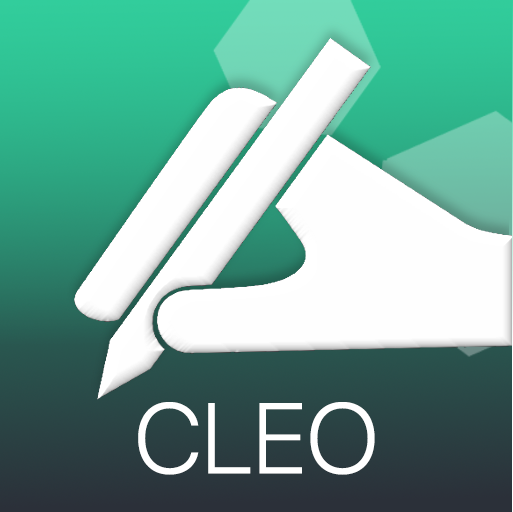
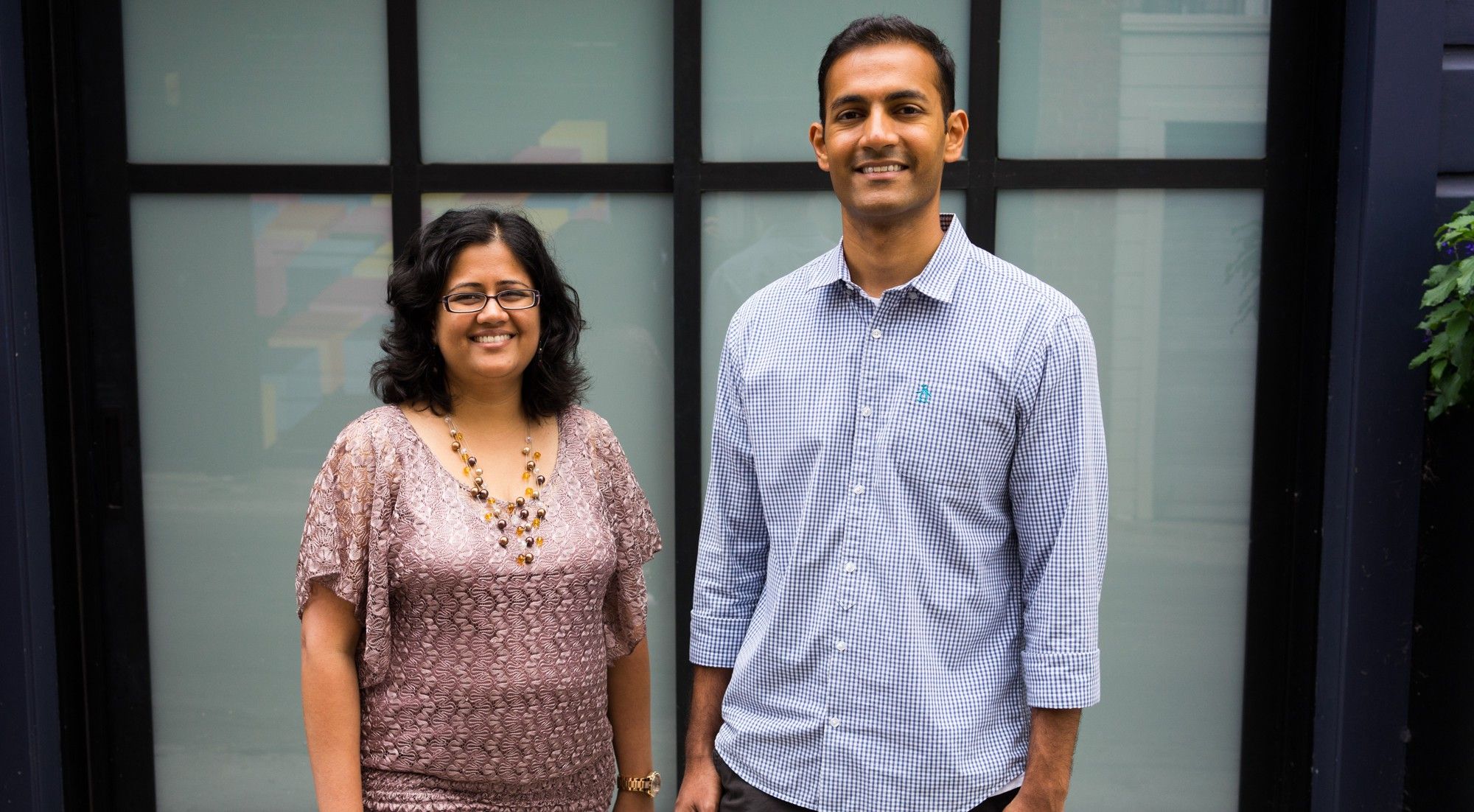
In a world where we generate so much visual content, how do we pick out the best stuff? Siblings Rohit and Sri have decided to tackle this problem head on. That’s why they founded CLEO, an AI agent to make the photo experience better.
Rohit is a software engineer who previously worked at Google. He has a bachelor’s in Finance from the University of Washington and is in pursuit of a Masters in Electrical and Computer Engineering from Carnegie Mellon University. He’s worked on a variety of machine learning problems at Google, where he built models to predict user behavior. He started working with Sri when he got stuck trying to optimize the speed of photo processing in a distributed system for a side project.
Sri has a bachelor’s in Computer Engineering and Applied Math from the University of Colorado and an MBA from the University of Nebraska. Through her work at Microsoft and Accenture, she has developed experience in distributed systems and building scalable apps. The siblings’ mission for CLEO is to fix the broken photo experience by harnessing the power of machine learning and computer vision to curate meaningful visual content.
CLEO is based at Matter’s SF location. Read more.
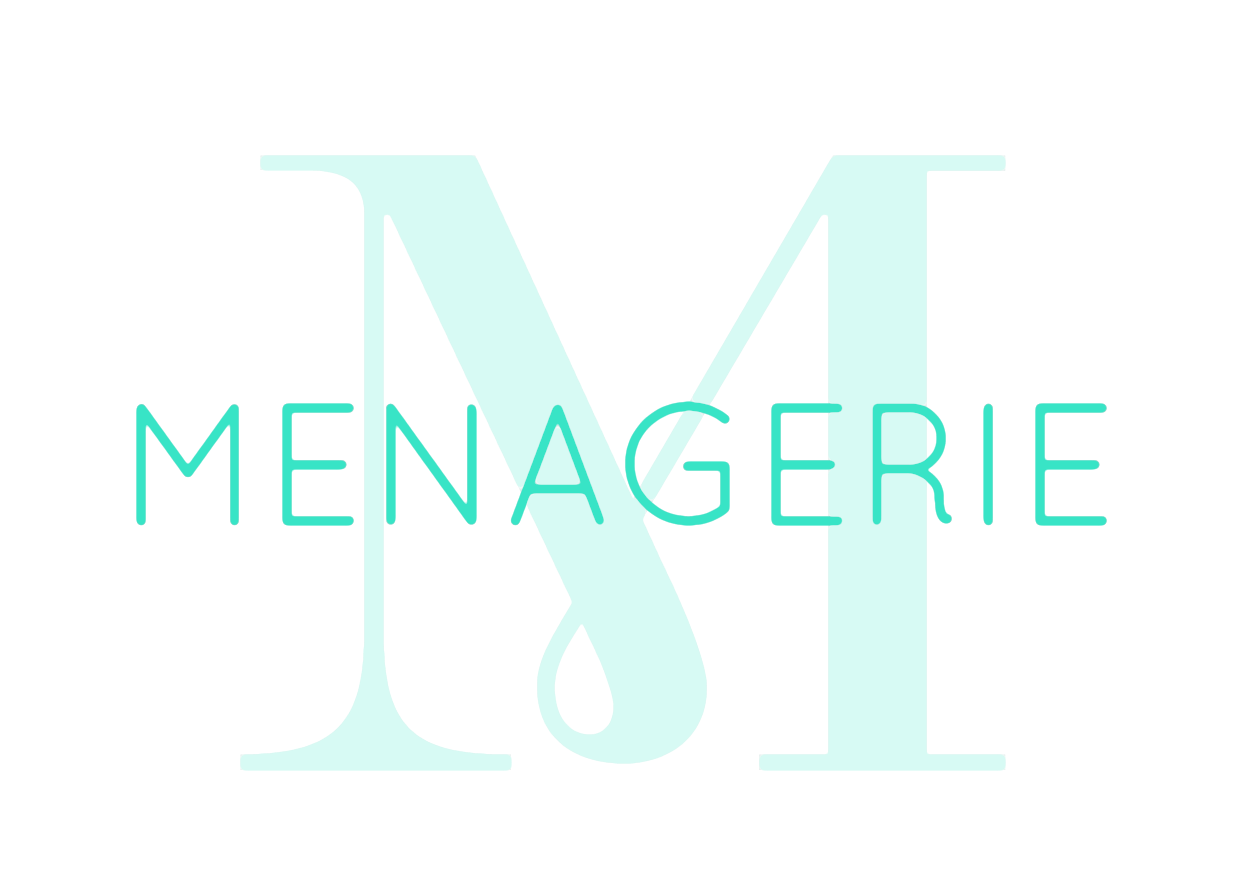

Tiffany Stone and Harlan Milkovie are the sophisticated NYC-based founders of Menagerie, an online marketplace taking the pain out of wedding planning for tech-savvy modern couples. They met through the Techstars network while they were both working for other startups.
Tiffany, who hails from Palo Alto, California, has a background in marketing and partnerships. She was instrumental in the launch and growth of the direct-to-consumer business at SOLS, a manufacturer of 3D-printed custom shoe insoles. Prior to that she performed business valuations on a range of companies including David’s Bridal. She continues to advise BrightEyes, the nonprofit organization she founded at the University of San Diego to empower student entrepreneurs.
A veteran of the NYC tech scene, Harlan is Menagerie’s CTO. He previously co-founded Reonomy, a research platform for commercial real-estate professionals, and helped build Work Market, an online labor marketplace for local contractors and freelancers. His personal experience organizing his own wedding, combined with the stories of friends and of the many brides he and Tiffany met at wedding expos, convinced the pair that the existing wedding planning process was broken, inefficient, and in need of a makeover.
Today, Menagerie is helping engaged couples in New York plan their ideal wedding by matching them with vendors that fit their style and budget, and offering them a seamless booking and payment process.
Menagerie is part of Matter’s NYC cohort. Read more.

Until Discors, Basil Enan and Akber Malik led separate but oddly parallel lives. They had similar interests, followed the same academic paths in college, and even went to the same middle and high schools. Best of all, Basil’s childhood best friend was Akber’s oldest brother! The analogs finally joined forces in 2014 to create Discors, a mobile news app that informs readers with multi-dimensional news stories.
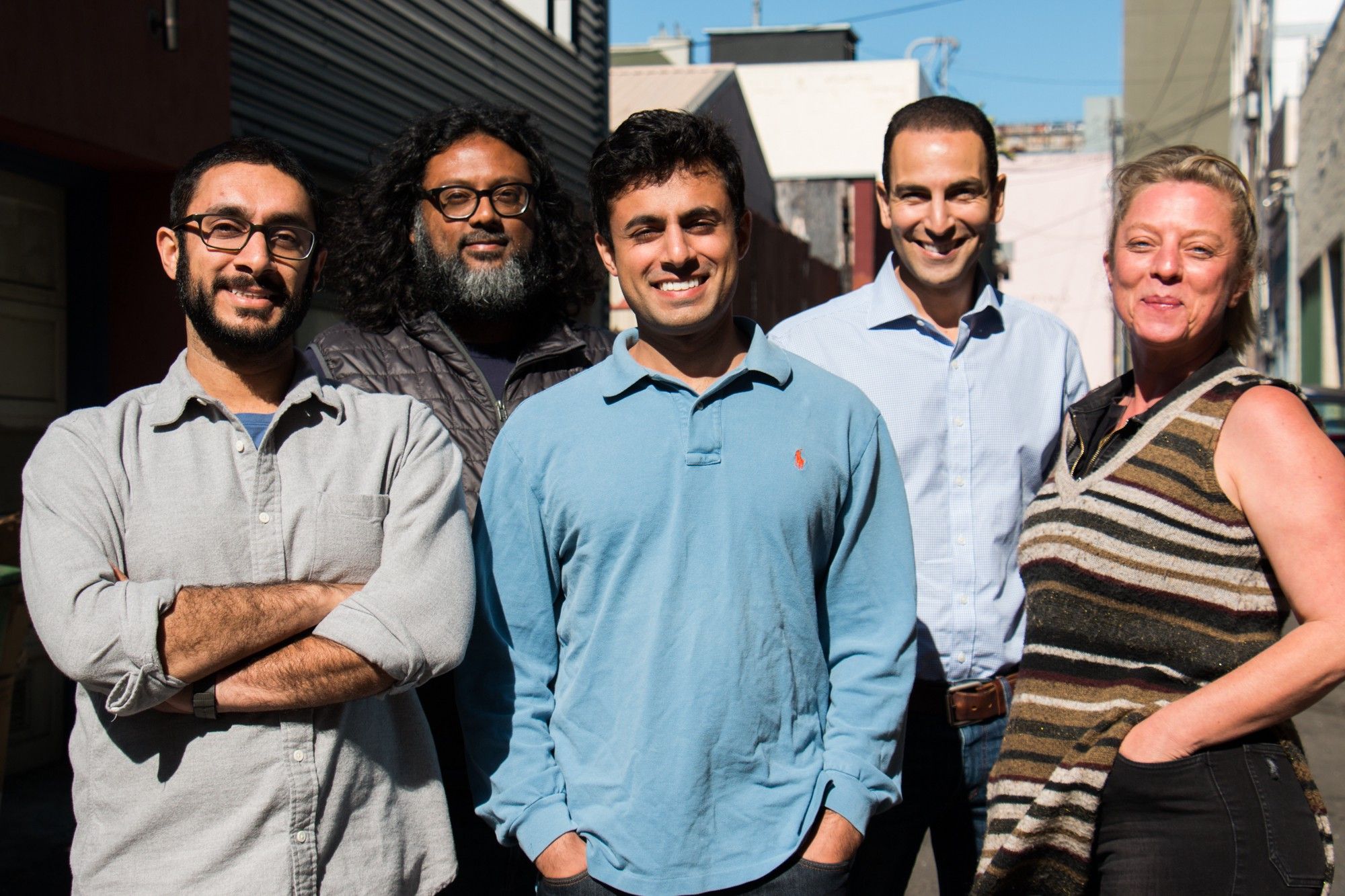
Discors is headed up by a seasoned entrepreneur. After receiving his MBA from Columbia University, Basil started a career in insurance, and in 2014, he founded CoverHound, an online insurance marketplace, which has gone on to raise over $50M. Akber, who graduated from NYU, brings both PR and engineering expertise to the team and currently serves as lead developer. In another serendipitous move, the middle Malik brother, Azam, also ended up joining Discors as lead designer.
Discors is founded on the principle that news is best produced by journalists, so its editorial team is especially important to its success. Basil and Akber found Hermoine Gee in late 2015. She had just returned from San Francisco after spending 5 years in Turkey, Syria, and Iraq as a reporter. As a former producer for KQED’s Forum and with 15 years of experience in media, she was perfect for the job.
Discors is based in San Francisco. Read more.

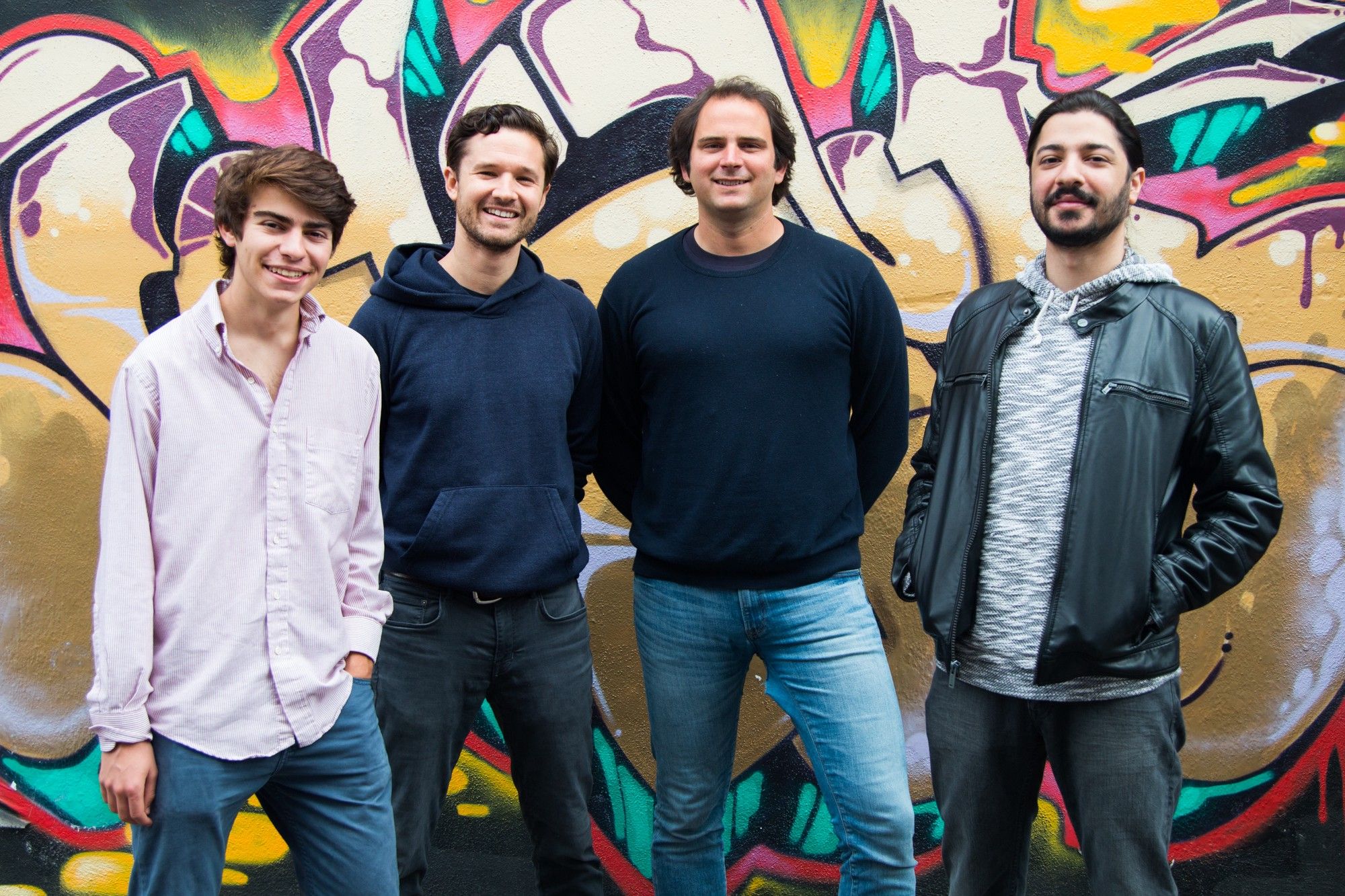
Cameron Morris’s relationship to soccer goes back to his childhood — he spent several years in the Brazilian city of Porto Alegre and played for the professional club Grêmio’s notable junior team, one of few Americans to do so.
Max and Cameron met through a mutual friend in 2013 when they were both working on separate, but overlapping, projects at Google. Cameron launched the first use of Google Trends as a mechanism to produce news content during the 2014 World Cup. Max was a Partnerships Marketing Manager and worked with big soccer teams such as Bayern Munich on content and marketing partnerships to increase brand love within the sports arena, and showcase Google’s technology in different contexts.
Max says working with clubs was very revealing: “I saw how little support and tech infrastructure they had around their audiences. They were being forced to become technology businesses, and needed support from companies that are able to support their entire fanbase, no matter where in the world.” Meanwhile Cam was looking at real-time search logs and realizing that Kenya was driving the most search traffic for the term “Arsenal” of any country in the world. There was a glaring hole at both the club level and the user level that Gol Labs seeks to fill.
Their product, Gol Chat, brings the world’s 3.5B soccer fans together with a data-light mobile messaging platform that works even in areas where robust internet access is a luxury. They’ve carried out user testing in Ghana, Nigeria, Kenya, South Africa and Mozambique.
Gol Labs is based in NYC. Read more.

Suz Somersall started her own jewelry line on the Japanese island of Okinawa where she built up a cult-like following among military wives. She then helped co-create a retail jewelry company which earned recognition in The Wall Street Journal, InStyle, and Harper’s Bazaar.
Suz had always had a creative vision that extended well beyond jewelry, but it wasn’t until after going through the iLab, an accelerator program at UVA’s Darden School of Business, that her dream was realized. A RISD-educated industrial designer, she had gotten fed up with the shortage of young girls in STEM, and realized that she could leverage her art and design background to tackle this problem from a new perspective.

This realization led to the birth of KiraKira, an online platform that empowers generation Z girls to learn the foundations of mechanical engineering, architecture, and design through online 3D modeling courses that lead to real creations, including wearable jewelry, iPhone cases, and more — with their product verticals expanding every week.
KiraKira is based in San Francisco for the program. Read more.

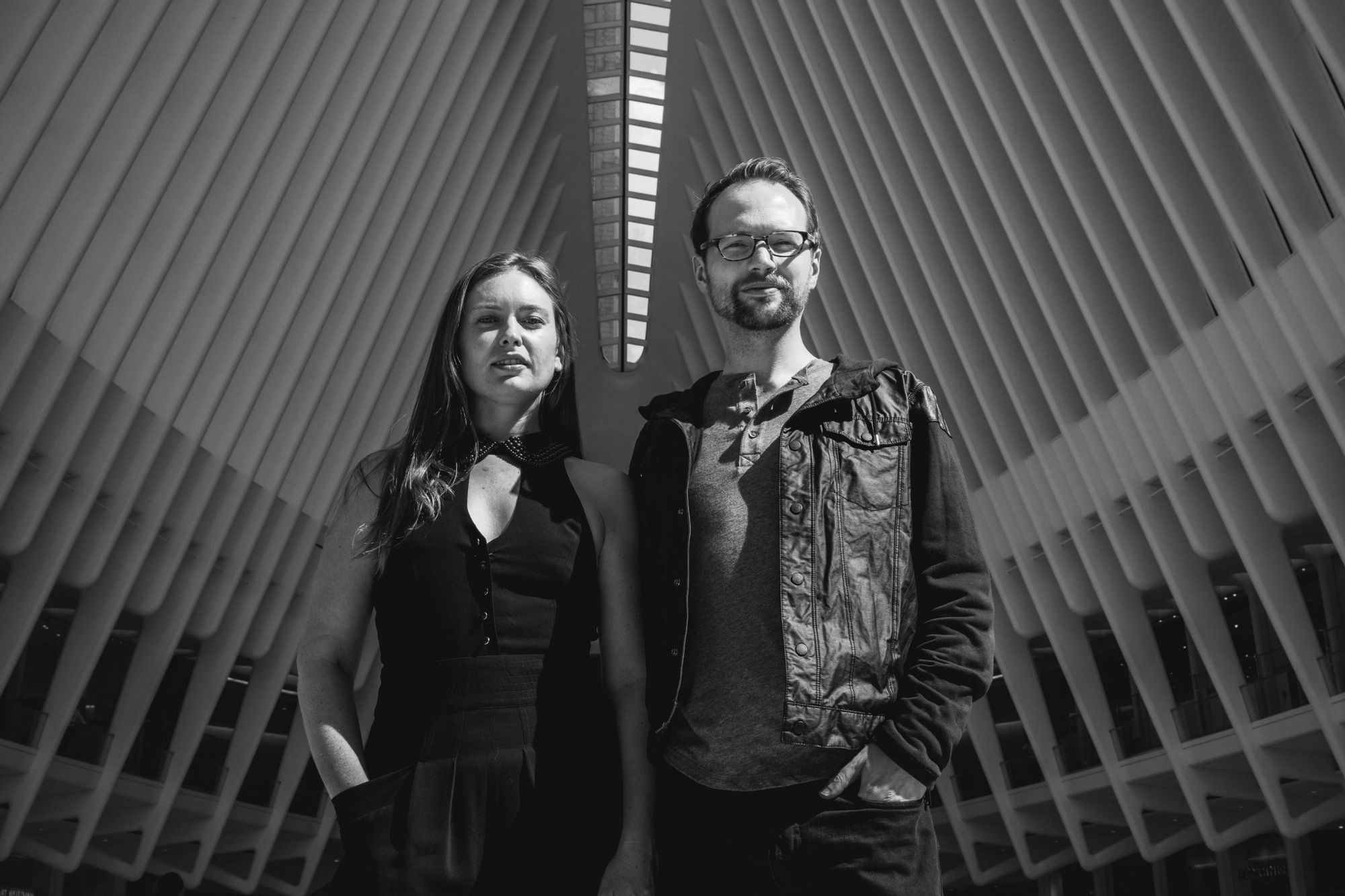
Scout combines near-term science fiction with reporting to cover the intersection of technology, economics, and morality. It was born out of co-founder Berit Anderson’s experience running Future in Review, a technology conference that explores where tech is headed over the next decade, combined with the knowledge that science fiction can act as a barometer for political trends (global leaders such as Ronald Reagan and Winston Churchill were avid readers). Along with her husband, Brett Horvath, and third co-founder Michael Kaemingk, Berit set out to create a place for passionate conversations around the influence of technology on social issues including economic development and inequality.
Berit is the former managing editor at Crosscut.com, a Seattle-based local news site read by 1.6 million people in the last year. While there, she created the Community Idea Lab, a new way of doing journalism that inspires and incubates solutions to local problems. She also consults and partners withStrategic News Service, a predictive newsletter read by Bill Gates, Elon Musk, and Michael Dell.
Her co-founder, Brett, launched America’s first online voter registration platform, Your Revolution, which allowed voters in Washington state and Arizona to register to vote instantly from their Facebook profiles. He has also worked with the International Centre for Earth Simulation based in Geneva, Switzerland, to evaluate pilot projects deploying supercomputing centers to conduct climate risk modeling. Brett is a co-founder of Lumana, a micro-finance cooperative based in Ghana.
Michael, Head of Community at Scout, also previously worked at Lumana, where he oversaw its Accra expansion. His background is in consulting on Strategic HR and Executive Search for forward-thinking organizations in social enterprise and international development. He co-founded and sits on the board of trustees of a cooperatively-owned social enterprise which refinances high interest student debt in Washington.
The three co-founders are joined by the talented Dave Chenell, an illustrator, animator and full-stack developer.
Scout is part of Matter’s NYC program. Read more.
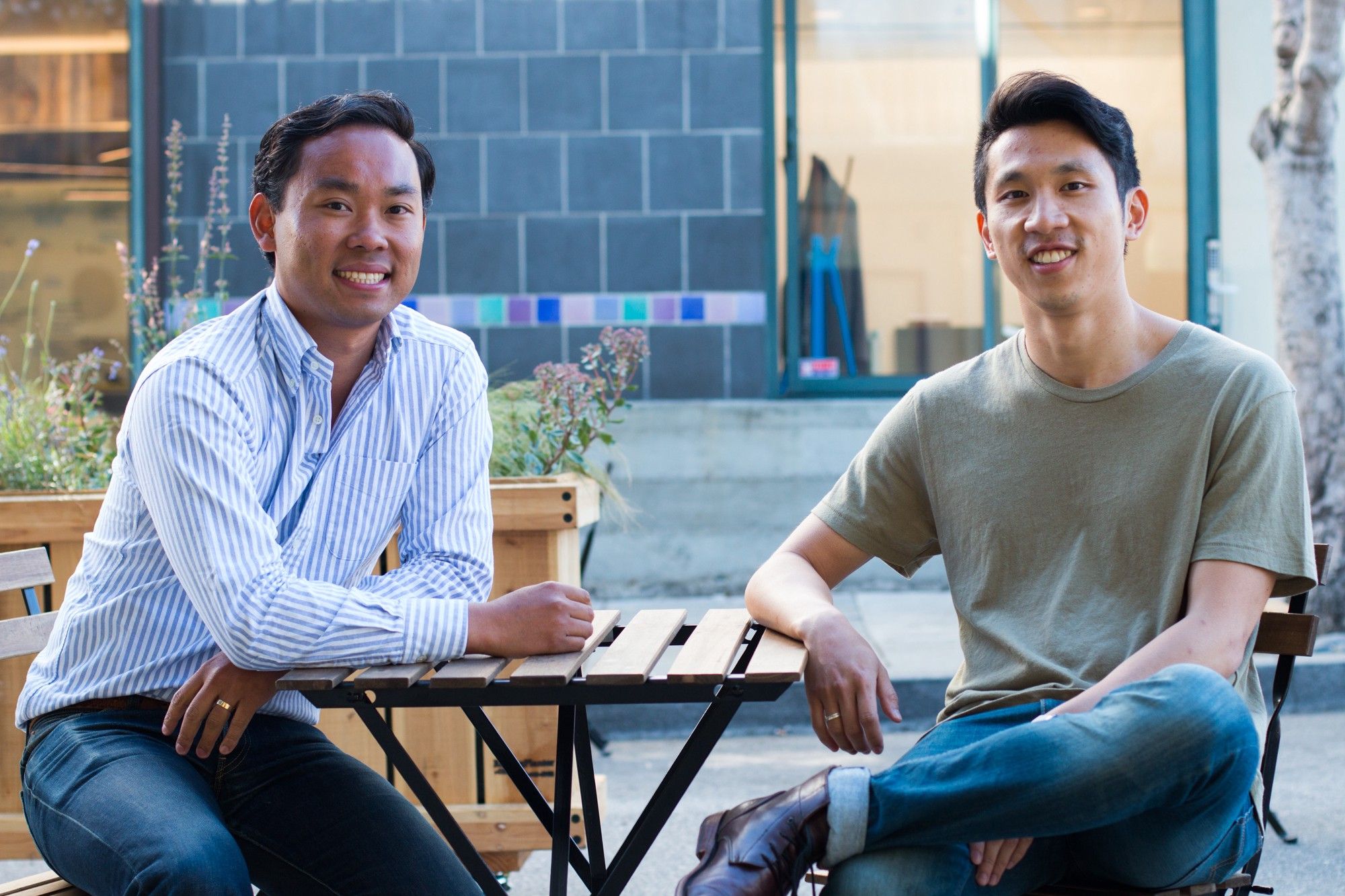

Randy’s father speaks only Chinese, and Randy’s understanding of the language is rudimentary. The result: lots of silence at the dinner table. It was out of personal pain that he founded Common, a translated messaging service that breaks down language barriers with real-time text translation. He’s answering a huge need — in the United States alone, an estimated 1 in 10 adults don’t speak English fluently. Those who don’t are twice as likely to be poor, and twice as likely not to graduate from high school.
Randy was born and raised in the San Francisco Bay Area. He graduated with a B.S. in Electrical Engineering at UCLA, and joined ISBX as a software engineer and project manager where he worked on 17 different products for Fortune 500 companies and startups. As a personal goal, he also designed 100 inventions in 200 days for Quirky (a crowdsourcing platform) and wrote a book about it.
In 2013, he left his job to pursue building startups full-time, first taking a break to travel through Asia for 5 months. While in India, he formed a partnership with a newly-established yoga school to build their online presence, helping them grow from zero to $85K in monthly revenue. Elsewhere, Randy was on a hip hop dance team in college, and was also a part of the cast of a humanitarian reality TV show.
Common is based in San Francisco. Read more.
To find out more about our new bi-coastal class in San Francisco and New York City, and the partnerships that helped make it happen, check out this blog post by Matter’s Managing Partner, Corey Ford.

